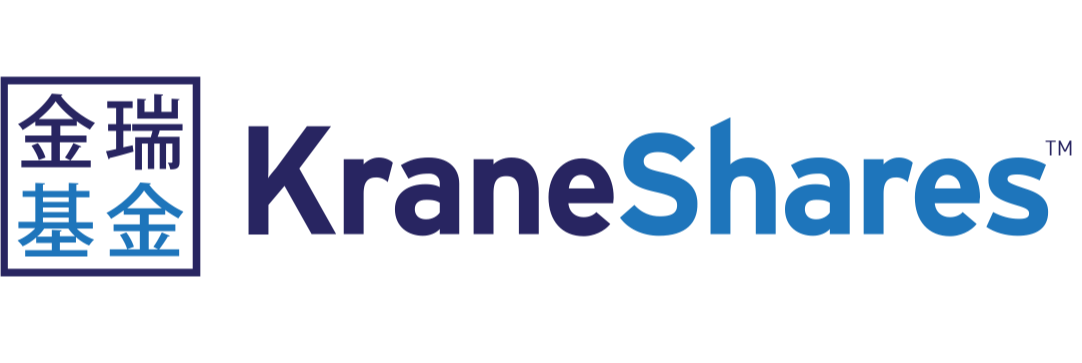Today's listings
One Belt, One Road, One ETF
One Belt, One Road is a Chinese government initiative aiming to build a new silk road through Central Asia and better connect China with its trading partners. China has pledged to pour more than $175bn into the project, hoping to improve its roads, ports and railways. And there's something in it for ETF issuers too.
KraneShares has listed a fund that (OBOR) aims to get exposure to One Belt, One Road through the MSCI Global China Infrastructure Exposure Index. The index, as its name suggests, tracks companies that will be boosted by the project.
Despite what common sense may have suggested, the index is not particularly china-heavy. Of the top 10 index constituents by weight, only two are Chinese business. The rest are either South Asian or East European.
iShares Dec 2027
iShares is listing two plain vanilla corporate bond tracker, which track US dollar-denominated investment-grade corporate bonds with long maturities. MLQD will track corporate bonds with 5-10 year maturities while LLQD will track long-term corporate bonds with maturities 10 years or greater.
Australia
ETF Securities infrastructure - in Asia
Continuing in the Asian infrastructure theme, ETF Securities is listing a fund in Australia that will track global infrastructure. The index interprets infrastructure broadly. Major constituents include Singapore Airlines, Deutsche Post and Canada's Telus Corporation. ETF Securities will also be launching an AI tracker in Australia, which tracks the ROBO Global Robotics and Automation Index. The index has proved a popular outside the box option for issuers, and Samsung Kodex, iShares and the UK arm of ETF Securities all have products tracking it. This is the first fund to track this index in Australia.
UK and Germany
Franklin Templeton comes to passive
Franklin Templeton is listing four new smart beta ETFs on the London Stock Exchange and Xetra, each of which track equities. In London, the ETFs are offered in both euros and pounds; in Germany only euros. They are (GBP, EUR)*:
Franklin LibertyQ European Dividend UCITS ETF (FLXD, FRXD)
Franklin LibertyQ U.S. Equity UCITS ETF (FLXU, FRUE)
Franklin LibertyQ Global Equity SRI UCITS ETF (FLXG, FRGE)
Franklin LibertyQ Global Dividend UCITS ETF (FLXX, FRGD)
FLXD and FRXD track large and mid-cap European stocks, screening for high and persistent dividend income in advanced European countries. FLXU and FRUE track large American companies and screen for four investment style factors: quality, value, momentum and low volatility. FLXG and FRGE track socially responsible large and mid-caps across the globe. FLXX and FRGD will be similar to the European Dividend fund, only its dividend hunt will not be limited to a single continent. *The tickers used on Xetra are the same as the London GBP ones.
Today's news from around the web
Franklin Templeton joins passive
Times are tough for Franklin Templeton. An active manager, FT has seen more than $100bn in outflows to passive funds the past three years. Having put off doing so for years, FT is now joining the ETF game, and listing several ETFs around the world.
There is nothing cyclical about active managers underperforming
Some active managers claim that ETFs are good only when the investment cycle is unfavourable for active managers. When the cycle turns, they say, active managers will have the upper hand. But that's not true. There is nothing cyclical about underperforming active managers: it is a permanent condition.
To win in emerging markets, go for passive
That ETFs will fail you in emerging markets has become an industry canard. But a detailed statistical analysis shows that ETFs win in emerging markets just like the win in developed markets. And for the same reason: they cost less and the lower cost means less returns get eaten away.




